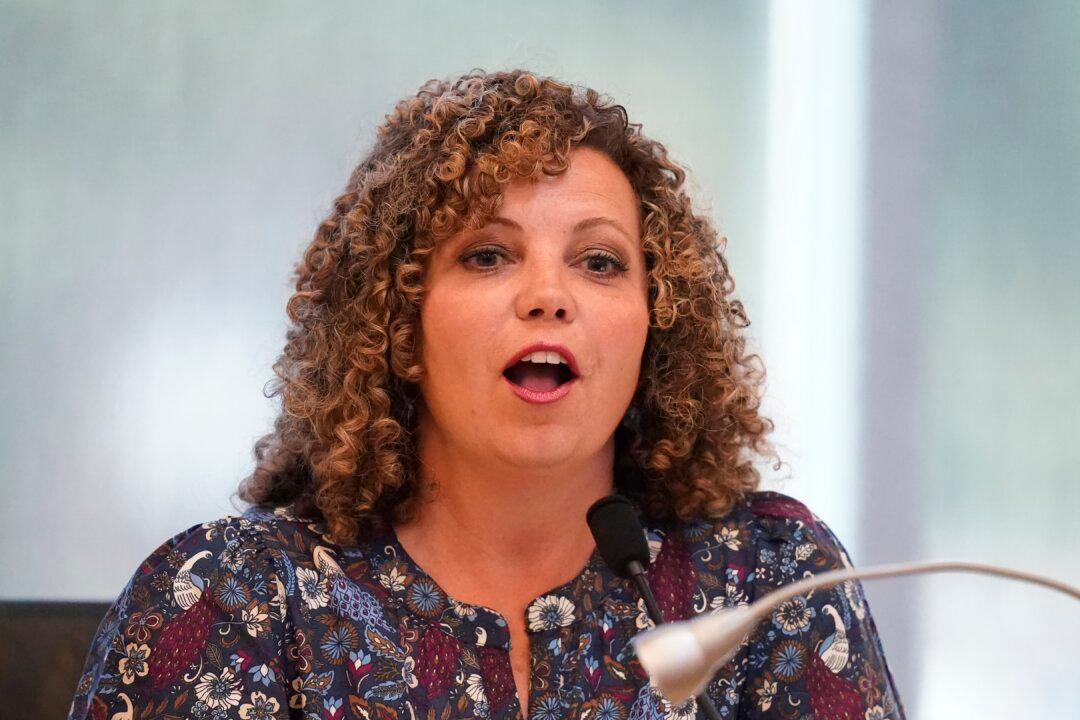In a closed-primary state where registered Republican voters outnumber Democrats three-to-one, Utah’s June 25 congressional primaries are, for all practical purposes, the “real” election.
Utah is led by a GOP trifecta with supermajorities in both state legislature chambers. Its two U.S. Senate seats and four U.S. House seats are occupied by Republicans.





